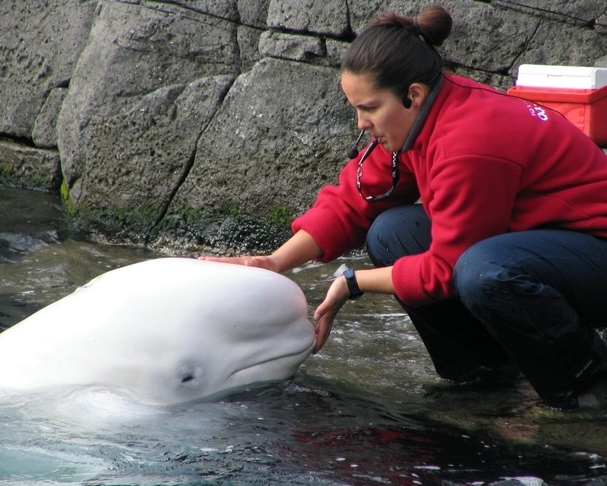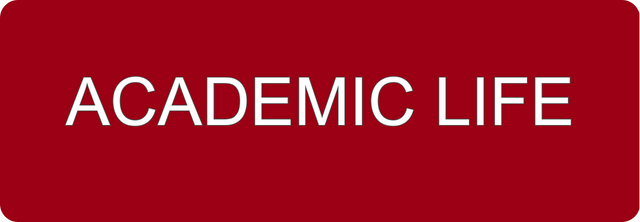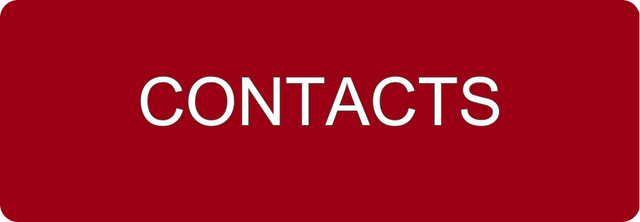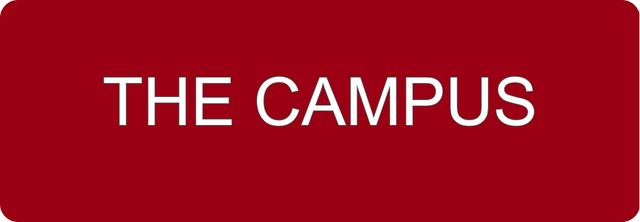Animal Care
The Bachelor targets students interested in the field of animal care, in national and international contexts, offering a unique educational pathway in Europe.
The specific learning objectives meet the requirements of professionals who can be then employed in companies, private and public organizations in which the management, health, welfare and the preservation of animals is conducted in accordance to a modern and international approach.
The main purpose of the international undergraduate degree course in Animal Care is the achievement of knowledge, skills and competences in order to develop qualified human resources, specialized in animal care and welfare, in different contexts but mainly in relation to an individual view of the animal.
→ Italian students: Click here for information for admission for A.Y. 26/27




















